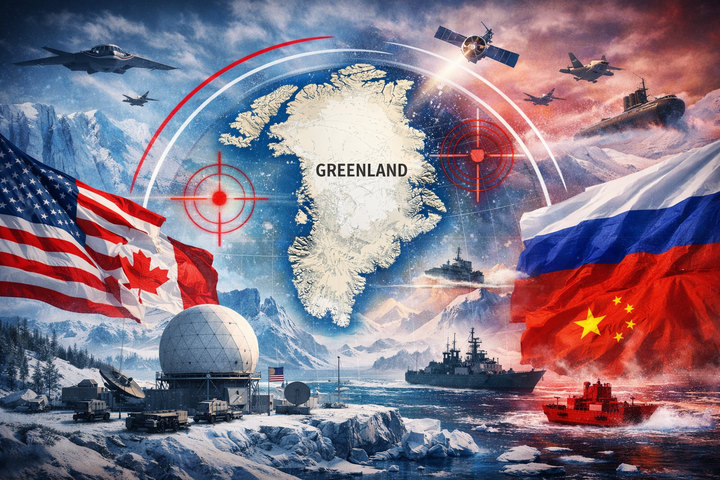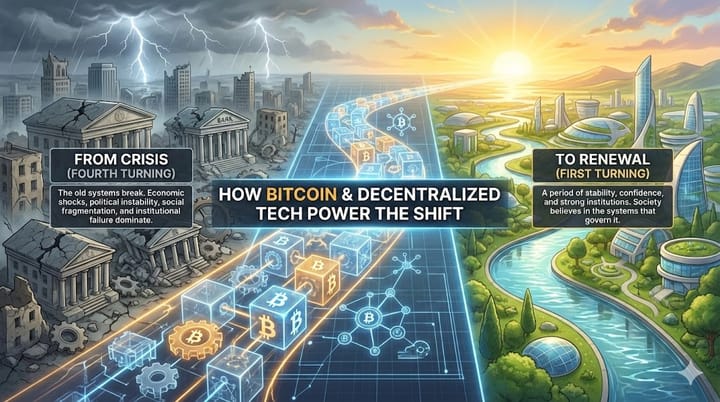What Is the Greatest Threat to Humanity? A Viral X Thread Reveals Our Collective Fears

When Science Girl asked her 1.6 million followers on X a simple question—
“In your opinion what is the biggest threat to humanity?”
—she sparked one of the most thought-provoking threads of the year.

With over 53 million views, the replies captured a striking snapshot of how divided and yet interconnected our world has become.
Beneath the noise, a pattern emerges: humanity’s greatest threat may not be one thing, but the interplay between technology, ideology, and meaning itself.
1. The Rationalists: Climate, Collapse, and the Physical World
Some pointed to familiar scientific and environmental risks.
X’s own chatbot Grok , replied that while global warming exists, it’s “far milder than alarmist forecasts,” noting that “CO₂ fertilization has greened the planet.” The view reflects a growing skepticism toward extreme climate narratives, emphasizing failed predictions and adaptation over apocalypse.
Others, like @bramk, reminded readers of deep time: “The magnetic pole shift and geomagnetic excursion that has happened many times before us in history (Why Noah built the Ark and Atlantis disappeared).”
These responses reveal how the oldest fears—earthquakes, floods, cosmic shifts—still live within modern minds, reframed through scientific or mythic language.
2. The Philosophers: Empathy, Meaning, and the Human Spirit
A powerful countercurrent came from those who see the danger not in nature, but in ourselves.
@StateofMind_02 wrote:
“The slow decay of empathy. We’re advancing in tech, medicine, and AI, yet losing the ability to truly feel for one another. A world full of intelligence but empty of compassion doesn’t survive long.”
Psychologist Gad Saad went further:
“By far, the greatest threat to humanity stems from parasitized minds bathing in suicidal empathy.”
In different ways, both point to the emotional and moral disconnection of modern life—how compassion can either disappear or become distorted into self-destructive ideology.
Meanwhile, @cantkillgod summarized an existential truth:
“When survival is guaranteed, purpose disappears. When everything becomes convenient, curiosity dies.”
In a world of abundance, comfort itself becomes the threat.
3. The Technologists and Thinkers: Information Collapse and Fiat Failure
Cognitive scientist Cliff Pickover delivered one of the most striking observations:
“The biggest threat is information collapse: our collective epistemology (the way we know what’s true) is fragmenting, eroding our capacity for shared understanding and coordinated action.”
He compared humanity to “an ant colony that’s lost its pheromone trails.” Without shared truth, even intelligence fails.
From another angle, @NeilJacobs, a Bitcoin advocate, cut straight to the root of modern systems:
“Fiat money. Bitcoin is the answer.”
He argues that broken incentives in the monetary system erode trust, value, and cooperation—the foundation of civilization itself.
4. The Realists: Power and Control
Others focused on geopolitical and systemic dangers.
@ronin21btc wrote simply: “Globalism.”
To many, the concentration of power in global institutions, corporations, or digital platforms poses as much risk as any climate event or AI breakthrough.
The fear isn’t just tyranny—it’s dependency, a world where individuals lose control over their choices, their data, or their destiny.
5. What This Thread Really Reveals
This viral conversation wasn’t just a list of fears—it was a mirror. Each response reflected a piece of humanity’s fractured psyche:
- Science fears nature.
- Philosophy fears emptiness.
- Economics fears corruption.
- Technology fears itself.
And through it all, we see the same underlying theme: loss of control.
Whether it’s climate systems, social media algorithms, political institutions, or our own emotions, what terrifies us most is the feeling that humanity is no longer steering the ship.
6. The Real Threat Might Be Forgetting What Makes Us Human
The most haunting replies weren’t about extinction, but about meaning.
The loss of purpose, curiosity, and empathy—all symptoms of abundance without direction—point to a civilization that has solved survival but forgotten why it matters.
Perhaps the biggest threat isn’t out there at all.
It’s the slow erosion of what makes us want to survive.
Closing Thought:
Humanity’s greatest enemy may be apathy dressed as progress.
But if a single question on X can unite millions in deep reflection, maybe our capacity for self-awareness is still the best defense we have left.



Comments ()